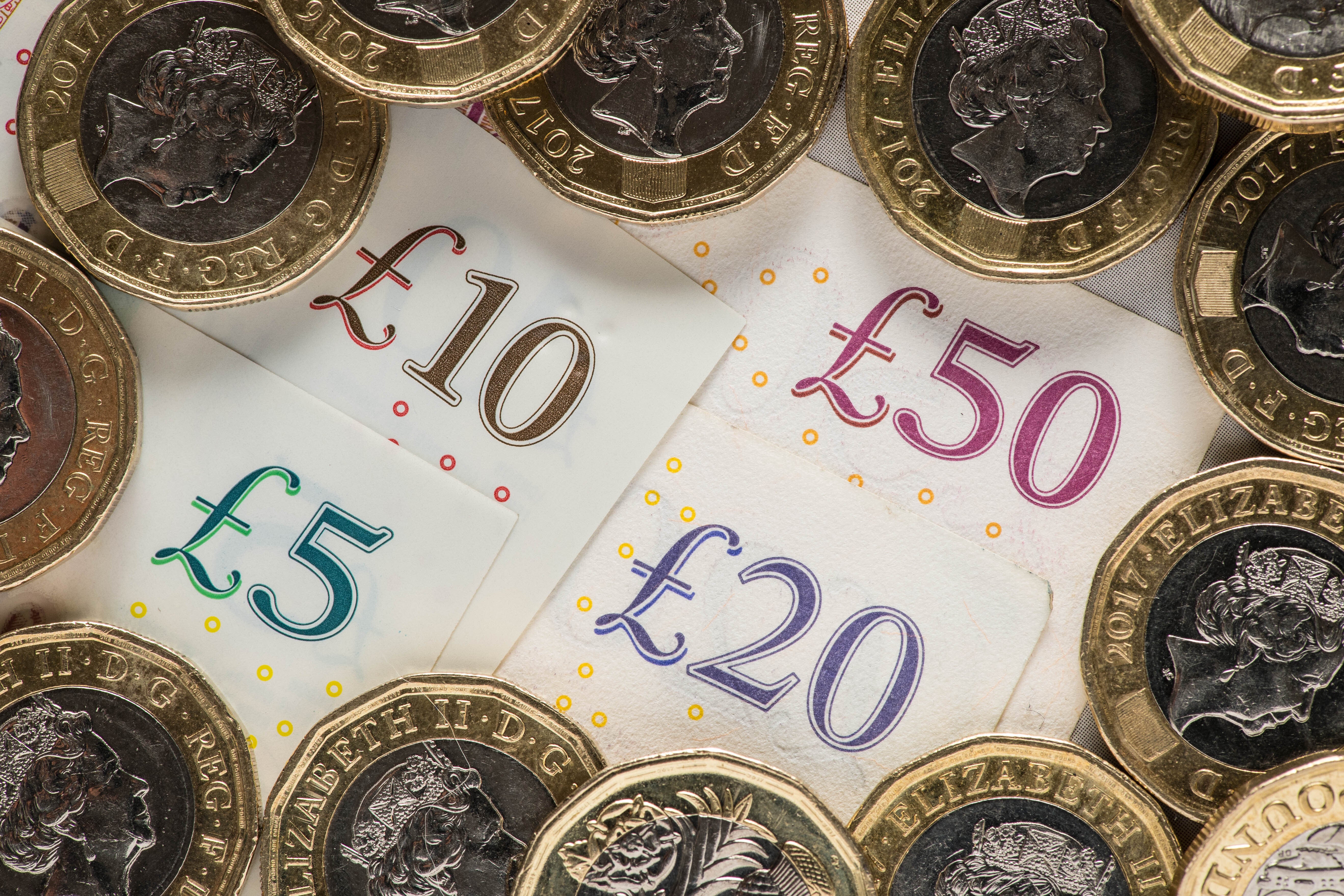Shops refusing to take cash even as Covid restrictions lift, watchdog finds
Bans on cash payments risk excluding and negatively impacting society’s most vulnerable

Your support helps us to tell the story
From reproductive rights to climate change to Big Tech, The Independent is on the ground when the story is developing. Whether it's investigating the financials of Elon Musk's pro-Trump PAC or producing our latest documentary, 'The A Word', which shines a light on the American women fighting for reproductive rights, we know how important it is to parse out the facts from the messaging.
At such a critical moment in US history, we need reporters on the ground. Your donation allows us to keep sending journalists to speak to both sides of the story.
The Independent is trusted by Americans across the entire political spectrum. And unlike many other quality news outlets, we choose not to lock Americans out of our reporting and analysis with paywalls. We believe quality journalism should be available to everyone, paid for by those who can afford it.
Your support makes all the difference.Despite the easing of Coronavirus restrictions in recent months, around 1 in 5 consumers have been stopped from making cash payments, according to a Which? survey.
The consumer group conducted two separate surveys including over 3,000 participants, to assess their recent payment experiences. One was a phone survey, designed to include consumers who may be less digitally savvy and thus more reliant on cash. The second survey was conducted online.
The phone survey found that around a fifth of consumers were not allowed to make cash payments at least once between April and July of 2021, as coronavirus restrictions began to ease. This resulted in one in six consumers who weren’t allowed to use cash being unable to make their purchase.
The online survey found that consumers were most likely to be unable to pay with cash when buying groceries, which covered a third of such incidents, followed by smaller purchases or refreshments.
Whilst concerns regarding public health in the Coronavirus pandemic have caused many to opt to use card payments, the Bank of England found that risk from using cash was “no greater than touching any other common surface, such as handrails, doorknobs or credit cards.”
Also, despite some confusion regarding ‘legal tender’, retailers are not legally obliged to accept cash payments and such decisions are at the business’ direction, as long as they are not discriminating against the customer.
Which?’s money editor, Jenny Ross, said: “Cash is still a vital way to pay for millions of consumers, so it’s very concerning to see many people still reporting difficulties when trying to spend their notes and coins, even as the country moves out of lockdown restrictions.”
The survey found that 84% of participants felt that cash payments should still be accepted by shops and businesses.
Another Which? survey in November found that more than three quarters or people who weren’t able to pay in cash felt emotionally impacted, with feelings of frustration, anxiousness and embarrassment.
It also found that seven million people would struggle without cash use, with another two and a half million saying that they are dependent on cash and would not be able to be without it.
Despite cash payments halving between 2014 and 2019, bans on cash still risks excluding and negatively impacting society’s most vulnerable, such as the homeless and ill.
Which? is urging businesses to sign up for its cash friendly commitment to guarantee that people who regularly use or are reliant on cash are not excluded from the move towards digital payments.
Jonathan Jaffa is the owner of York Supplies in Birmingham, who have joined Which?’s cash-friendly pledge. He said: “the ones with no choice but to pay with cash feel we are supporting them as a part of the local community rather than dismissing them as an unimportant fringe of society.”
The government has stated that legislation would be enacted to safeguard the future of currency, and according to Which?, the Financial Conduct Authority (FCA) should be charged with measuring cash rejection levels as part of their ongoing measures.
Join our commenting forum
Join thought-provoking conversations, follow other Independent readers and see their replies
Comments